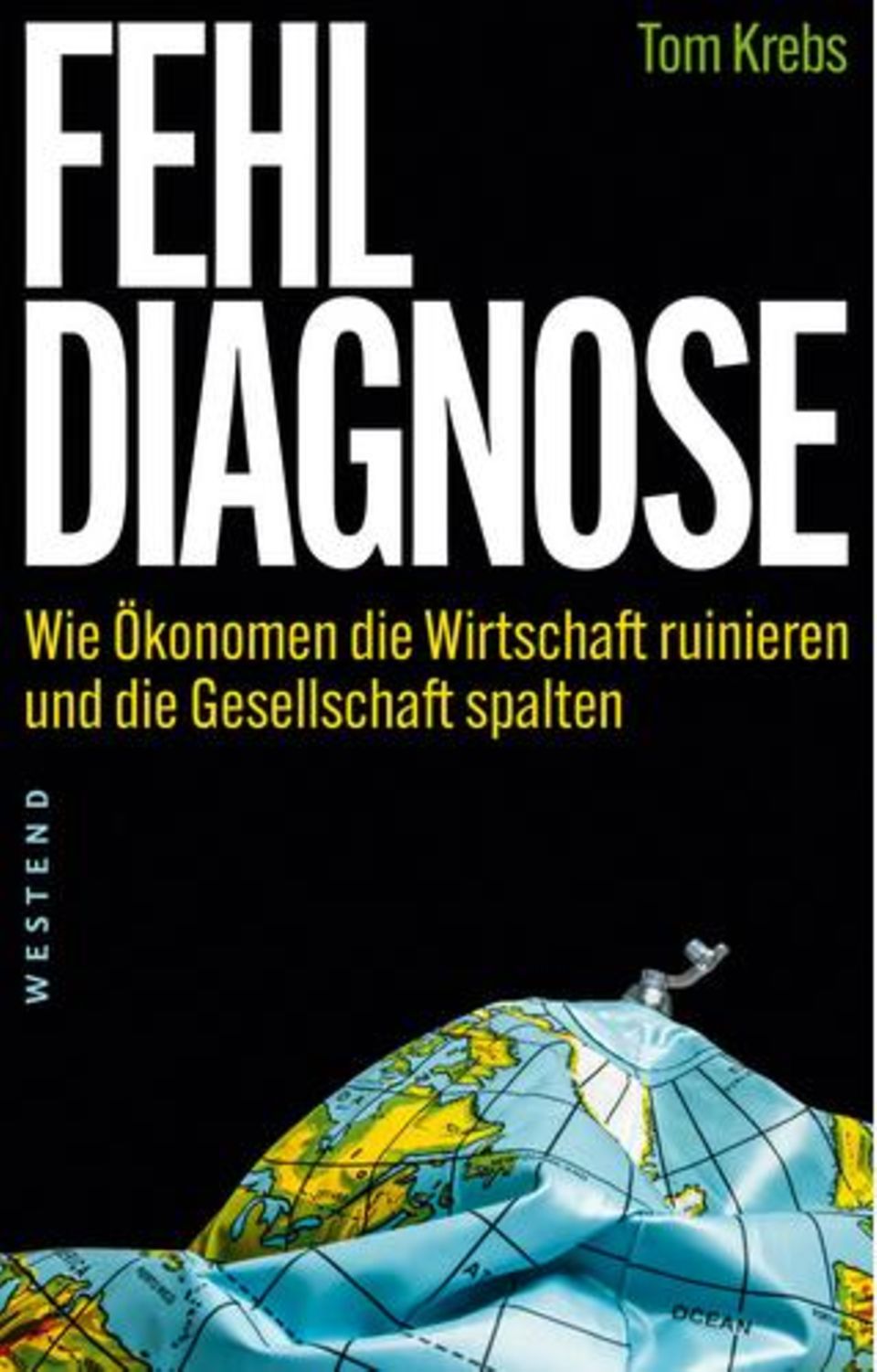What economists recommend to politicians is not complex, says economist Tom Krebs. Some of the current problems are based on naive ideas about how the economy works.
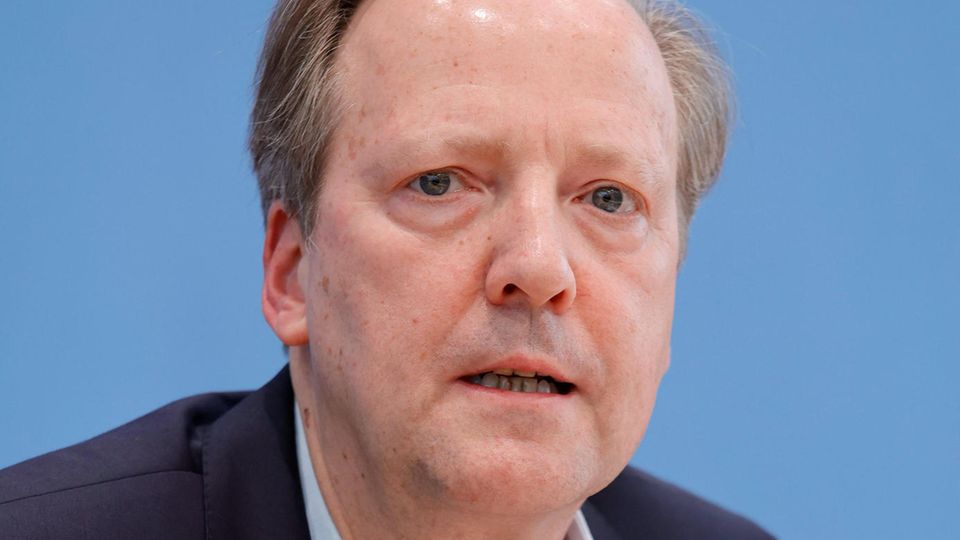
Tom Krebs is professor of macroeconomics at the University of Mannheim. In 2019 he was a visiting professor in the Federal Ministry of Finance under Finance Minister Olaf Scholz for one semester. He also worked as a consultant for the International Monetary Fund, the World Bank and the Federal Reserve Bank of the United States in Minneapolis
© picture alliance / Metodi Popow
Mr. Krebs, in your new book “Misdiagnosis” you are taking massive measures against your own guild: the economists in Germany, or more precisely: the market-liberal economists, who are supposed to be in the majority. What has the economic mainstream done to you?
TOM KREBS: Nothing. What surprised me was how much a naive belief in the market still influences economic analyzes and thus the politics of this country. But, admittedly, you shouldn’t get too attached to the title. It is deliberately worded in an exaggerated way. I also make some gradations in the book.
What reactions have you received from your colleagues?
A lot of support, and a bit of shock among those who were criticized. They seem to be trying to ride it out and get back to business as usual. But the reaction will probably still come.
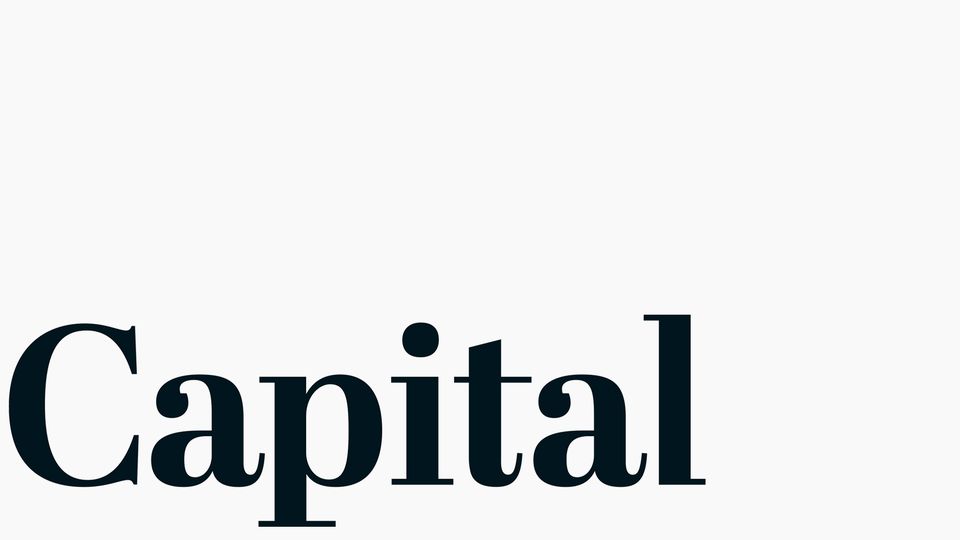
This is original Capital branded content. This article is available for ten days on stern.de. You will then find it again exclusively on capital.de. Capital belongs like that stern to RTL Germany.
Rüdiger Bachmann described you as a “former colleague”, Christian Bayer spoke of an “autobiographical work”. Doesn’t that affect you?
No, I ignore that because they obviously haven’t read the book. The comments were written before publication. Actually, you should only comment on things that you have read up on. Although: I have found that economists’ reading comprehension is very limited.
What do you criticize about your colleagues?
In the book I show that many economists negligently underestimated the economic and political consequences of the energy crisis – that is the misdiagnosis. In addition, a group of opinionated economics professors recommended an immediate gas embargo immediately after the start of the Russian war of aggression because their model calculations only indicated moderate effects. But these calculations were based on unrealistic assumptions.
What was unrealistic about it?
Behind the assumptions is a theory according to which people and companies can adapt quickly and easily to high energy prices. And that markets function perfectly even in times of crisis and lead to socially desirable results.
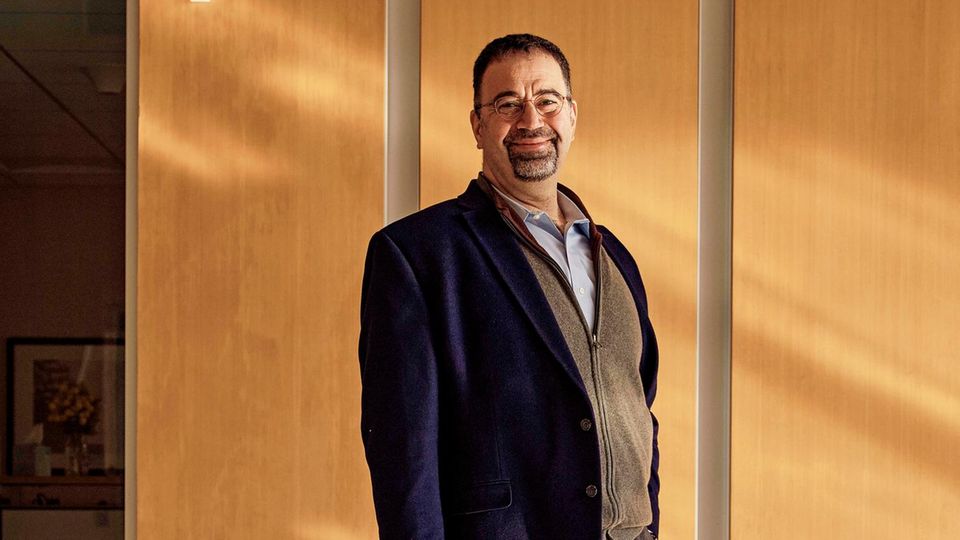
Nobel Prize winner in economics Daron Acemoğlu: “Biden picked up where Trump left off”
14.10.2024
What is fundamentally wrong with that? Every economics student learns this in their first lecture.
Exactly – and that’s the problem. What was recommended to politicians here is based on introductory events for bachelor’s students – just with a little more mathematics. But the world is much more complex, and I would have hoped for a little more insight into it from highly paid economists. Specifically, I missed uncertainty and adjustment costs in the analysis. It’s not like there aren’t any works on this in the relevant literature.
You have to explain that.
To put it simply: Many people can’t even buy a heat pump or an electric car just because gas and gasoline prices are high. And few companies can replace their gas-based boiler with an electricity-based boiler overnight. There are high investment costs that make such adjustments impossible or at least difficult for many. Added to this is the great uncertainty surrounding future energy costs, causing companies to rethink their investment decisions. This is what I mean by uncertainty. Many economists were clearly too optimistic and ignored these points. According to the motto: If prices rise, companies and people will react quickly.
Some of the economists you named in the book have now presented a study in which they evaluate their proposals for the gas embargo. This ultimately underlines the results from March 2022: a yes to the gas embargo. The study was peer-reviewed and published. The economist Rüdiger Bachmann has written that the scientific debate has been decided. Is he wrong?
Yes, because no single study can settle a scientific debate – that’s a pretty questionable idea of science. In addition, the authors simply ignore essential aspects of economic reality in their analysis.
For example?
They ignore the fact that, due to high inflation, employees in Germany had to accept the largest real wage losses in post-war history. And they do not analyze the long-term consequences of the energy crisis and what macroeconomic losses are associated with it.
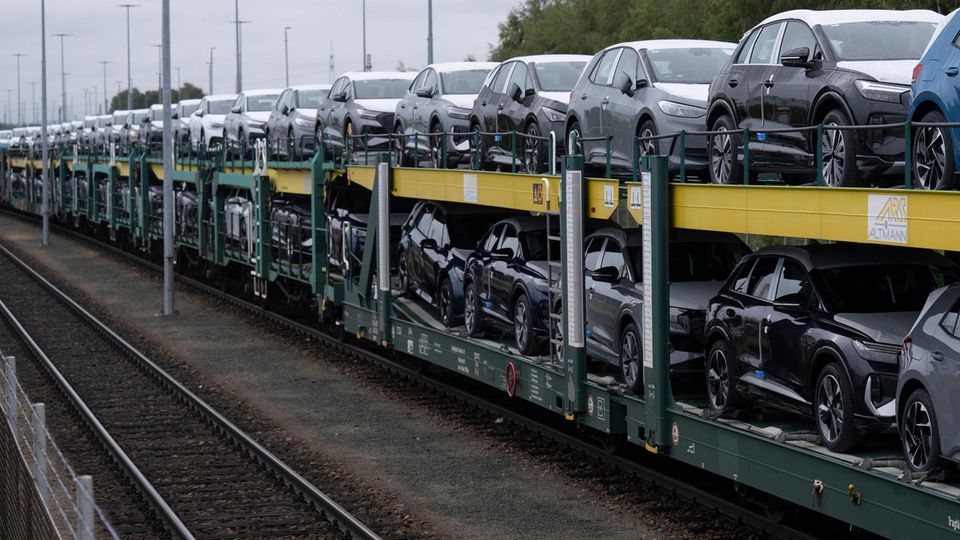
Interview
Ferdinand Fichtner, top economist: “The German economy is being talked about badly!”
26.03.2024
According to the textbook, short-term real wage losses compensate for themselves in the long term. And that is exactly what we are experiencing in the collective bargaining agreements.
That is generally not true. Real wage gains in 2024 will not fully offset the losses suffered in 2022 and 2023. And at the end of 2024, real wages will still be around eight percent below the pre-crisis trend – these are the long-term consequences of the energy crisis.
In the first step, the federal government did not listen to this study on the gas embargo anyway. Olaf Scholz even stated on “Anne Will” that the economists are wrong, which he interpreted as arrogance. That could end the debate after all. Why are you stepping in now?
I engage with economic misanalysis in the hope that we can learn from our mistakes. What’s wrong with that? Besides, things aren’t quite that simple. Yes, fortunately the federal government did not listen to these economists in the embargo debate. But: In the further course they prevailed. Especially with their story that the crisis had already ended in spring 2023 and therefore no additional crisis measures were necessary. And in the design of the gas and electricity price brake, which in reality was not a real price brake at all.
I’m sorry, what? What else was she?
It was a pseudo-price brake for industrial consumers because the majority of economists rejected intervention in the price system. Ultimately, there was no effective energy price brake for the industry. We are now feeling the consequences of this failed policy.
Tom Krebs: Misdiagnosis, Westend Verlag, 25 euros, ISBN: 9783864894305
The gas price brake should contain an incentive to save money. It can hardly be argued away that this incentive worked.
True, we prevented a gas shortage, but we would also have done so with an effective energy price brake for industrial consumers, as I show in the book. Such a brake would not have limited the price increase to zero, but would have dampened it. That would have slowed down the overreaction of the energy markets and removed uncertainty from the market.
Did we actually overreact? Many economists disagree.
Yes, at least in the energy markets during the energy crisis. This hit energy-intensive companies hard, but also trickled down to other industries, as Isabella Weber has shown. We have caused great damage to the industry because production was reduced and important investments were not made. The high interest rates have further depressed investment activity. So for me, a big reason why we are having growth problems now, so many months later, is because of this time.
What is your way out of the current growth crisis?
We talk a lot about structural problems such as bureaucracy or the unfavorable age structure. That’s all true, but it doesn’t explain the current misery. The federal government should now decide on a large-scale investment package, with an unbureaucratic investment bonus for medium-sized businesses and a special fund for municipal infrastructure investments. That would provide important growth impulses. It should also create planning security for energy costs with an electricity price guarantee. And it needs a plan for industrial policy. The current industrial policy of the traffic light government is headless and partly contradictory because it is poorly advised by market-liberal economists. In the fictional world of these economists, there is no need for industrial policy because the market takes care of it. But the USA and China are pursuing aggressive industrial policies, and German industry is moving abroad. In the end, Germany is on the way to a Disneyland economy, with little industry and a lot of tourism. Nobody can want that.
#Topics
